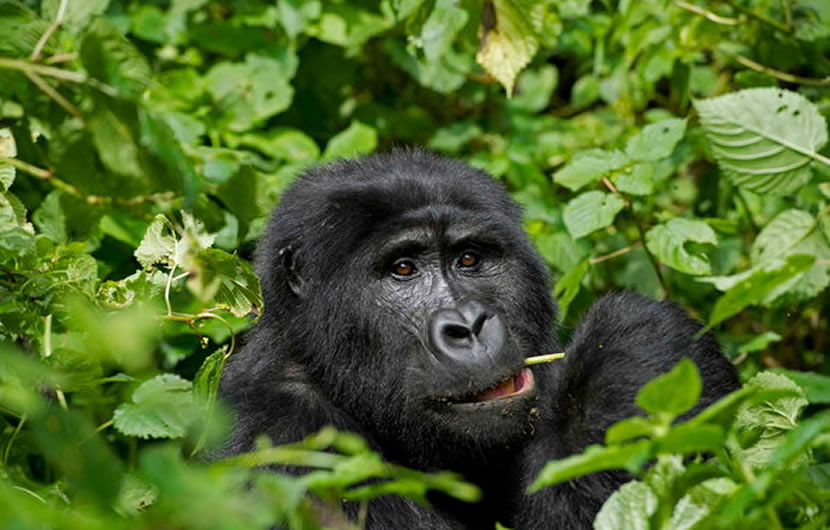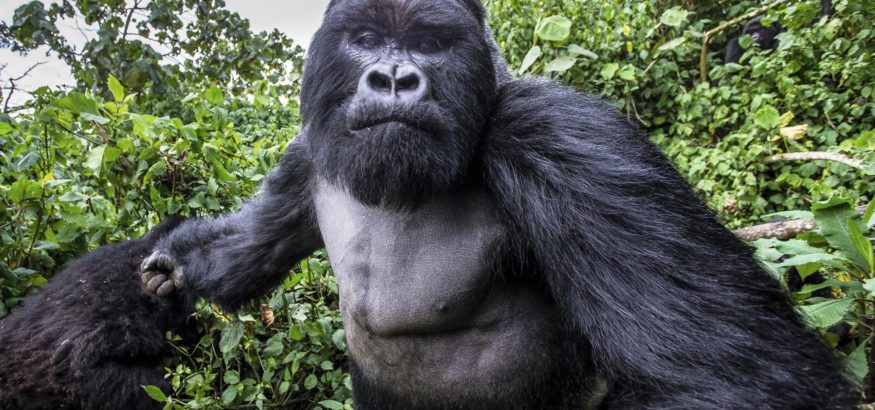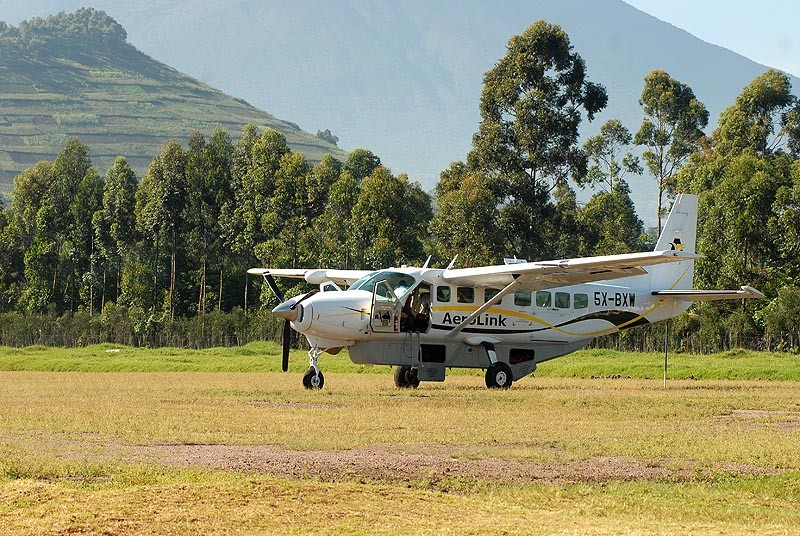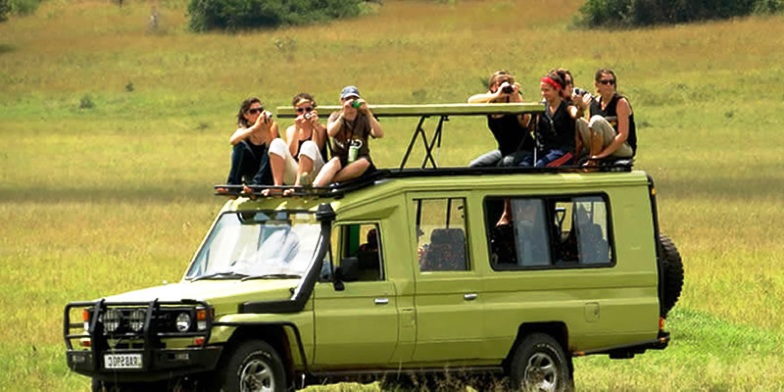Naggalabi Buddo Coronation Site
December 4, 2018
How To Practice Sustainable Tourism On A Uganda Safari?
December 7, 2018Increasingly becoming the most trending activity on all African safaris, gorilla tourism has undoubtedly led to the rise of ecotourism in Africa. Being the top foreign exchange earner in many developing countries, a number of regulations have been put in place to ensure mountain gorilla conservation as well as continued earnings to both local community and the government.
Eco tourism is one major measure that has been considered as a responsible travel to natural areas, conserving the environment and improving the well-being of local communities around. It offers travelers insights into the impact of human beings on the environment and promotes greater appreciation of the natural habitats of the wildlife.
Several eco-tourism practices have been fostered to ensure a harmonious environment for the well-being of the gorillas, local people as well as the visitors. And certainly yes, eco-tourism can save the great apes in Africa through these properly monitored practices.
Ecological conservation. Eco tourism majorly emphasizes the conservation of the natural environments including the natural habitats of the wildlife species. This ensures continued existence of the gorilla homes that are responsible for the well-being of these gentle apes. Remember that gorillas cannot thrive anywhere else except in their natural habitats.
Sharing of the park entrance fees is another act that has so much motivated the local community members to actively participate in the tourism activities in and around the national parks. The 20% of the annual park revenue is given back to the community to finance the village projects like schools, hospitals and road construction. These projects employ several community members hence occupying the time they would have used for poaching.
The employment of the local people in the national parks as tour guides, park rangers, trail maintainers and others reduces the resentment of the local people towards gorilla tourism. This improves on the living standards for the people neighboring gorilla parks, so the ex-poachers now aggressively protect the gorillas for a living.
Limited number of visitors. Eco tourism is the possible solution of mass tourism, it limits the number of tourists to visit each gorilla group in a day. Only a maximum number of eight visitors is allowed to encounter with a gorilla family per day to minimize behavioral disturbance and possible risks of infections that the gorillas can contract.
Limited hours with the gentle apes. For gorilla trekking, it is strictly one hour with the gorilla family. And for gorilla habituation, it’s limited to only four hours with the habituated group. This is still to reduce the risk of infections, stress and behavioral disturbances of the forest giants.
Conservation of the cultural heritage of the local people. Tourists on gorilla trekking safaris are advised to respect the beliefs, traditions and norms of the local people living around the parks so as to also reduce the resentment of tourism in the area. With this, the local members feel respected and valued by the visitors.
For real, the appropriate answer to the question “can eco-tourism save the great apes?” is yes because if it was not for the above practices, perhaps the tropical rainforests would have been cut down 10 or 20 years back and these endangered gorillas would have been extinct by now.
Note that mountain gorilla safaris in Africa can only be done in the Virunga massif that covers Mgahinga national park in Uganda, Volcanoes national park in Rwanda and Virunga national park in D. R. Congo.
Not forgetting Bwindi impenetrable national park in Uganda, the home of the largest number of mountain gorillas in the whole world, almost half of the remaining total population of these gentle apes.



